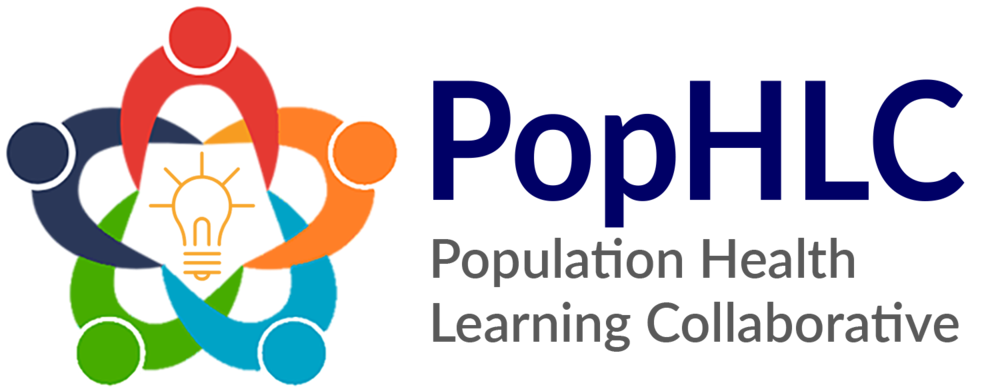Solving the housing crisis will take many partners. This event can rapidly get your community ramped up for action!
Since the virtual summit is based on the idea that communities have a wide range of tools and options for affordable housing, there will be sessions that are appropriate for many different audiences who could be part of a broad coalition working to increase affordable housing in a community.
WHO SHOULD ATTEND?
City and county leaders (mayors, city managers, county government leaders, commissioners, etc.)
State and local housing leaders and staff, especially those responsible for strategies to increase affordable housing.
Non-profit organizations involved with housing, health, reducing poverty, and improving neighborhood well-being.
City planners involved with zoning, building codes, community development plans, and the like.
Hospitals, health centers, clinics, health plans and others striving to better address Social Determinants of Health, improve upstream prevention, and reducing readmissions that are often due to a lack of stable healthy housing.
Organizations and individuals working to end homelessness and housing insecurity.
Faith communities that want to love their neighbors and be part of helping people in their community (or their membership) live more stable, healthy lives.
State and local economic development leaders and staff, including people working on transportation and workforce development.
Banks, credit unions, Community Development Financial Institutions and impact investors who care about housing and neighborhood revitalization.
Organizations and individuals working to address climate change and reduce the carbon footprint of the community or region.
Philanthropic organizations who want to address the root causes of poverty, poor health and inequity.
City and County Human Services leaders and staff who focus on helping the disadvantaged people in their community, including seniors, people with disabilities, young adults aging out of foster care, people in recovery and others who likely face a high risk of homelessness.
Traditional affordable housing developers and property management firms.
Public Health Departments that understand that the lack of affordable housing might be one of the most important issues to address in their Community Health Improvement Plan.
State and local government leaders and staff responsible for Community Development Block Grants, Fair Housing Plans, and other roles that help shape the investments in community improvements.
Individuals who want to live in a tiny home, Accessory Dwelling Unit, or other type of affordable housing and want to help their community with a strategy to increase the supply of those options.
>> PLEASE SHARE THIS EVENT WITH YOUR COMMUNITY<<
Got Questions? See the FAQs.
